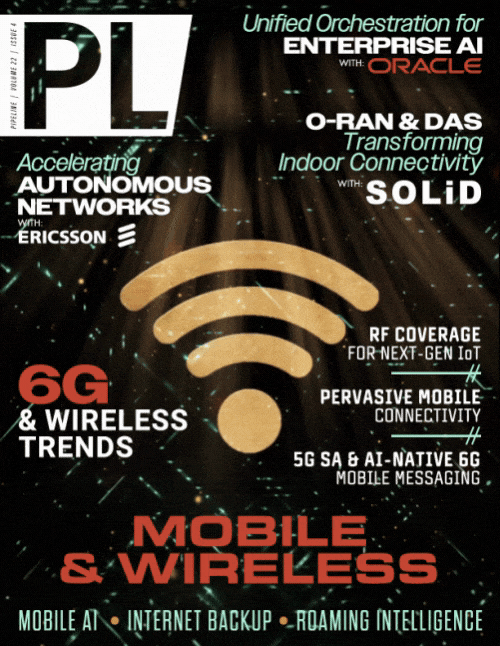News Center
ZTE Launches D3-ELAA SolutionZTE Launches D3-ELAA Solution, Leading The New Era Of Zero-variation Mobile Experience
ZTE Corporation announced its D3-ELAA (Dynamic, Distributed and Deterministic Extremely Large Antenna Array) solution. This cutting-edge technology is specifically designed for the upgrading of 5G-A networks and the long-term evolution of future mobile networks, guaranteeing users a zero-variation experience. The release of ZTE D3-ELAA solution not only positions the company at the forefront of the industry but also signifies a paradigm shift towards a user-centric approach in network development strategy. Continuous improvement of network performance has always been the core pursuit of the industry. In the 4G era, MIMO technology was introduced to provide beamforming capabilities. During Pre5G phase, ZTE led the way with Massive MIMO technology, significantly increasing the number of antennas to enable aggressive multiplexing, enhance data rate and boost cell capacity, becoming a key technology driving 5G. However, the conventional mobile networks based on "cell-centric" scheme resulted in an uneven user experience. Users at the cell center enjoyed good connectivity, while those at the cell edge experienced rapid degradation, leading to noticeable fluctuations during mobility. This inability to provide stable experiences hindered the adoption of new applications and scenarios such as low-altitude economy, vehicle-to-everything communication, and immersive services. To address this issue, ZTE introduces and develops the D3-ELAA solution based on the concept of "user-centric". By dynamic networking of distributed base stations to form an extremely large-scale antenna array, each user in the network is served by its neighboring set of base stations, so each user is found at the effective center of its serving cluster with a uniform coverage and stable experience of "full-signals" everywhere. Moreover, D3-ELAA can be deployed on existing 5G commercial networks, delivering ultra-stable user experiences while surpassing the limitations of individual radio equipment. The D3-ELAA solution encompasses several key technologies. The first step towards achieving "user-centric" networks involves rapidly identifying multiple base stations to form a UE-level cooperation cluster. Within each cluster, precise synchronization and calibration of base stations are upgraded to an unprecedented picosecond level, ensuring seamless collaboration. Additionally, joint and distributed beamforming is employed to form a larger antenna array, delivering exceptional performance. The D3-ELAA solution breaks the limitations of traditional mobile networks' cellular boundaries, guarantees deterministic user experiences, and lays a solid foundation for the smooth evolution towards 6G networks. To further enhance system performance, scalability, and robustness, ZTE will continue to invest in the research and development of the D3-ELAA solution and its key technologies. This innovation serves as a critical foundation for future mobile networks, empowering a variety of new scenarios and services, and perfecting user experiences. ZTE's commitment to breakthrough solutions and the continuous improvement of user experiences solidifies its position as a leader in the information and communication industry. Source: ZTE Corporation media announcement | |

















